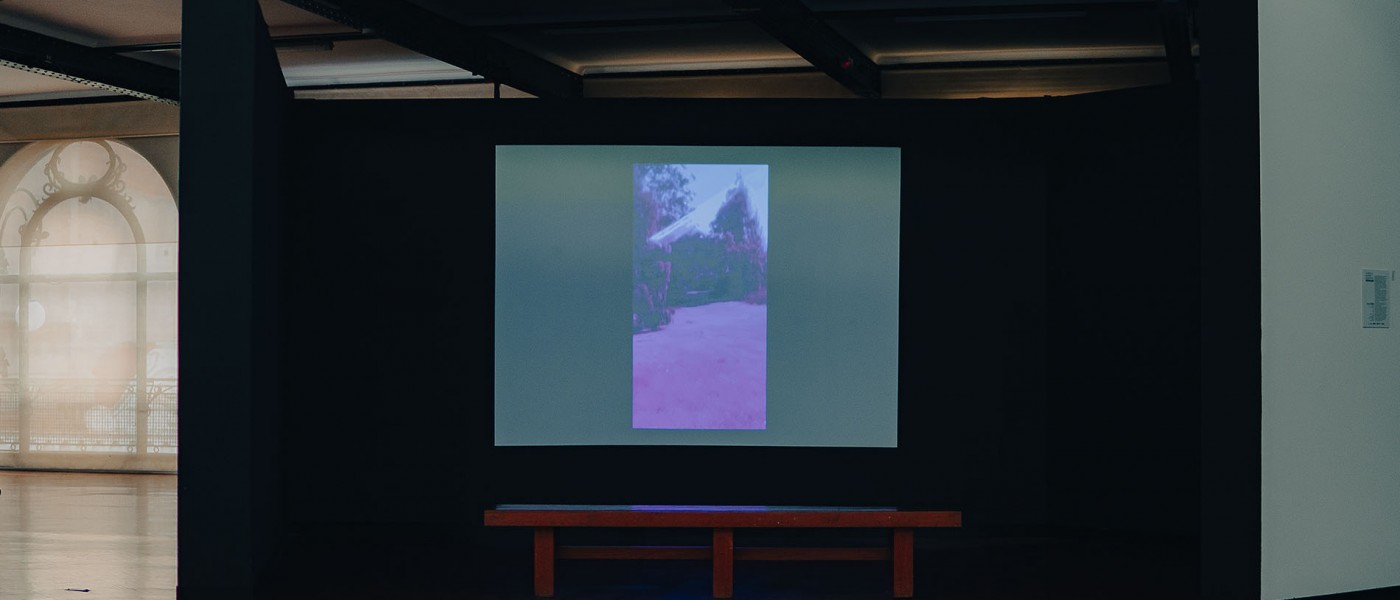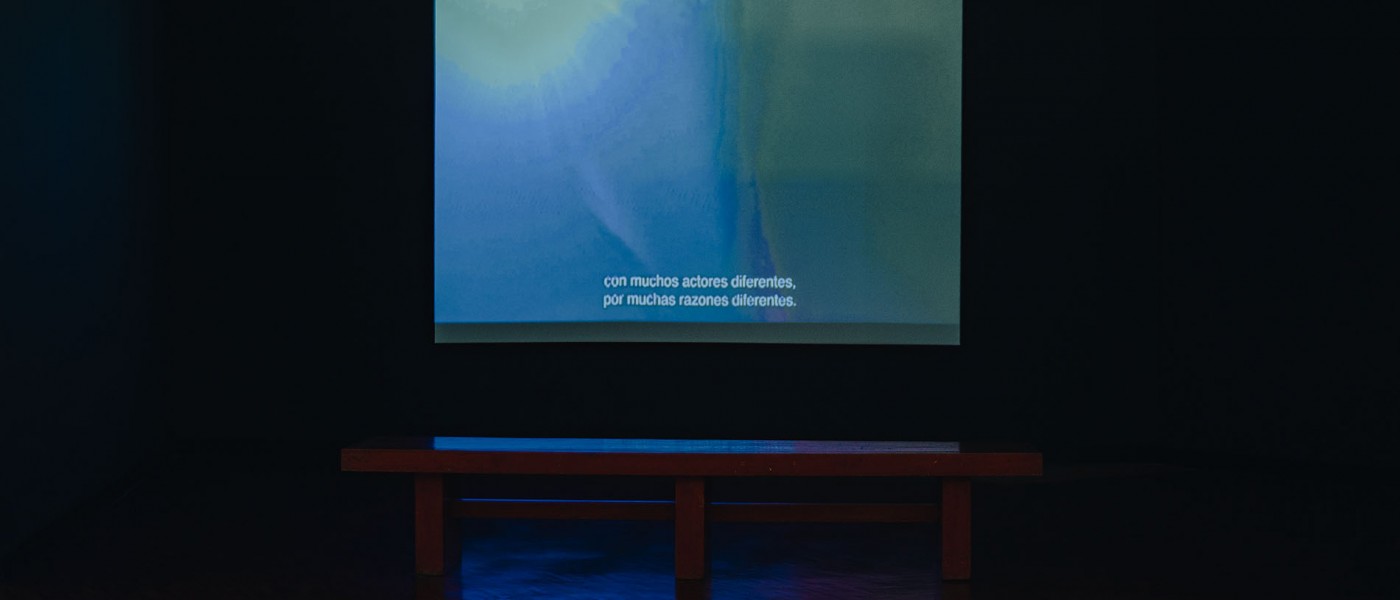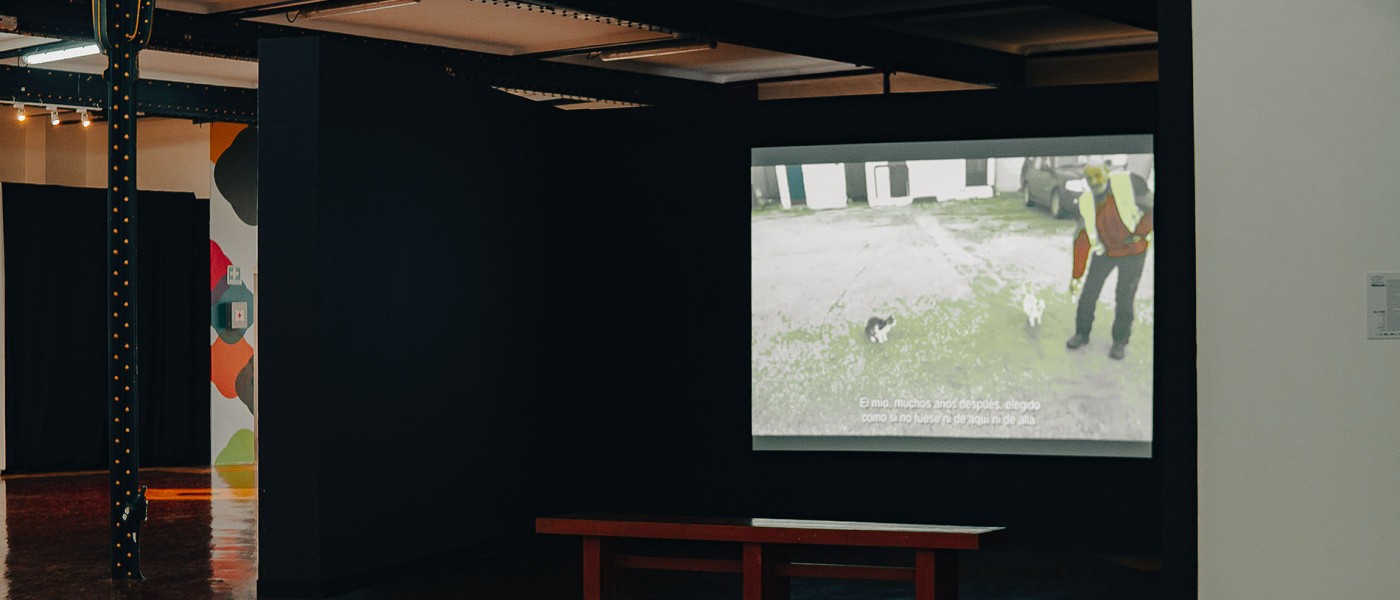Opening: Thursday November 30th 7.30pm
The film exhibition Past Remains delves into the multivocal resonances of history, forging connections between artistic practices originating from Latin America and the Middle East. The recounting of history varies significantly depending on the author and the reader, and the films presented embrace and explore this inherent complexity. Artists Gonzalo Reyes Rodriguez, Rami George, and Astro Escudero navigate the elusive nature of historical records by employing diverse approaches to multivocality. Their respective works link historical struggles against oppressive imperialisms through the lens of aesthetic practices such as archival investigation, reenactment, and montage across cultural diasporas.
Collectively, these artists dismantle the rigid boundaries between official and informal accounts, challenging preconceived notions of what is recorded and what is true.
The title Past Remains carries a dual significance. Firstly, it unveils the tangible presence of the past - manifested in institutions, archives, regimes, and more -, which configures how the present is perceived and experienced. Secondly, it directs attention to the enduring influence of history; its events and emotional dimensions persist in the contemporary moment, whether as lingering residues or as constant tides gradually shaping our collective identity.
This dual nature of materiality and emotion serves as the guiding force behind the films featured in the exhibition, shaping not only the content of the films but also the layout through which viewers encounter them.
Gonzalo Reyes Rodriguez confronts both the real and fictional narratives surrounding the Sandinista revolution in Nicaragua as portrayed in the 1983 Hollywood film, Under Fire. In his piece, Under Fire from All Sides, Rodriguez takes a unique approach by not focusing on the film itself. Instead, he presents a genuine conversation between the director and the creative team behind Under Fire through a loose reenactment. This embellished dialogue serves as a lens to examine how global politics are filtered through culturally-specific media, such as Hollywood films, resulting in distorted and inaccurate re-stagings of historical events. Throughout the conversation, continuous emphasis is laid on the dual power of film and photography to both represent and deconstruct the truths of history.
In Untitled (the Wars in Lebanon), Rami George skillfully navigates a partially-ruined Beirut, drawing from numerous individual accounts to construct a fragmented narrative of the civil war in Lebanon. The city transforms into a dislocated archive, with its buildings serving as portals that offer insights into personal histories. George's approach vividly illustrates memory's inherent instability, highlighting its inability to follow linear accounts. Instead, it reveals how concepts of place and cultural inheritance are stretched across geographical and temporal distances.
Astro Escudero directly tackles the dichotomy between image and material forms of recollection in Four Dimensions of a Monolith. The film takes viewers on a journey through monuments, women's hair and bodies, and standardized textbooks to weave together a narrative of history, gender, and coloniality in Ecuador. Escudero's work masterfully oscillates between the soft sensuality of intimate recollection and the clinical solidity of official records.
The films featured in this exhibition constitute diverse interventions into the historical record, not only welcoming counter-narratives but also introducing innovative methods for interpreting the past. Assembled here in a collective effort towards fostering solidarity across global contexts, these artists underscore the enduring presence of the past. It is portrayed not merely as a static entity but as a force that persists, intrudes upon, and disrupts the present, creating various ripples in the process.
Jameson Paige



